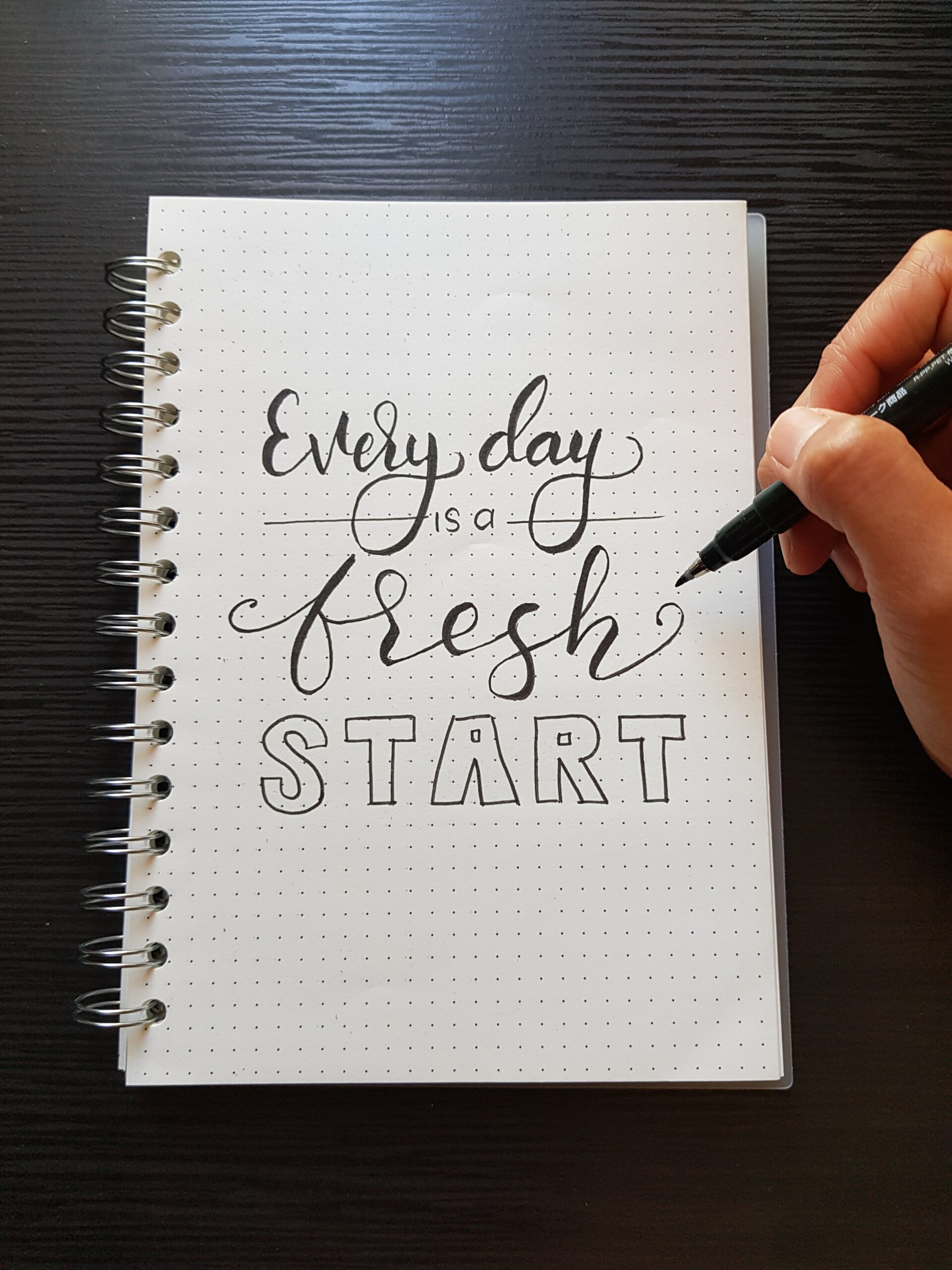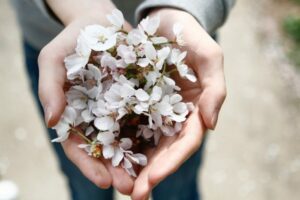
January is Mental Wellness Month, which is an excellent place to start.
The World Health Organization defines mental wellness as “a state of well-being in which an individual realizes his or her own abilities, can cope with the normal stresses of life, can work productively and fruitfully, and is able to make a contribution to his or her community.” The clean slate that the new year offers makes it the perfect time to evaluate how we are holding up mentally and emotionally–and what we need to do in order to feel even better.
In the field of psychiatric treatment, research points to the effectiveness of mind-body practices to foster psychiatric recovery. Research-based evidence also indicates the value of a more integrated and comprehensive approach to psychosocial rehabilitation.
At Ellenhorn, our wellness clinicians are an integral part of each client’s PACT team and work hard to create a personalized program that integrates all the factors that influence health and wellness, whether mind, body, spirit or community.
Some clients are ready, able and willing to dive into integrative wellness practices–and some are not. Since each client’s lifestyle, nutrition and resiliency affects their ability to partner with their team in clarifying and working toward their psychosocial goals, we meet each client where they are, assess their ability, find their best starting points and build from there.
Below are some tips from Ellenhorn’s wellness team on ways to boost your mental wellness this January—and far beyond.
Mindfulness: Noticing the five senses can be powerful, so get out those aromatherapy oils, some incense or maybe a candle–and take a nice deep breath. Buy yourself some flowers. Take time to eat mindfully by focusing on what tastes you are experiencing and how it actually feels to nourish your body. Get cozy under a soft blanket–or head outside to take a walk and feel the sun on your skin, even on the cold days. Put on some music, or simply be still–what sounds do you notice most?
Hydration: Drink that water! Yes, it can be hard to drink when it’s so cold out, but in the dry winter it is just as important to stay hydrated as it is in summer. For a warm alternative, add some lemon and honey to some warm water or consider a cup of herbal tea.
Movement: When you’re feeling down, lounging around and doing nothing might feel like the preferable option, but inactivity can actually increase negative emotions. Physical activity, on the other hand, engages both your brain and body, and can increase the feel-good chemicals in your brain. The idea of physical activity might seem daunting, but it doesn’t have to be. You don’t always need to push yourself to get in a long run or head to the gym to lift weights. It can be as simple as doing some light stretching, going for a walk around the block or even cleaning your home.
Spirituality: Remember to look for opportunities to develop your spiritual well-being in every-day life. Taking time in the morning (or even before bed) to breathe deeply (in and out, in and out) for even a few minutes will help you build a sense of balance in both body and spirit–and allow time for self-reflection. Consider which rituals ground you, what you do to make yourself laugh, what your dreams are like lately or the ways you enjoy moving your body–
thinking of spirituality can mean many things!
Meditation: Meditation does not necessarily have to be a sedentary activity. Mix it up by taking a quiet walk (no talking) and try to use all five senses to engage with the world around you. Meditate without a guide, and try some music playlists that you’ve never tried before. (Consider, perhaps, tunes by Alucidnation, Benn Jordan or Shpongle.) Set the stage with an invocation of your choice, i.e., clear the energy by lighting sage or incense or consider using an eye mask, pillow and/or blanket. Stretch or shake out any tension before meditation begins in order to encourage fluidity in your mind. Set an intention or pick a mantra to use as an anchor.
If you find yourself feeling more stressed than relieved by your chosen self-care activities, don’t beat yourself up. Mental wellness is a long, nonlinear journey. Be patient with yourself, and don’t let a “failed” self-care attempt dissuade you from continuing to prioritize your mental wellness–even if that means trying multiple self-care activities in order to find what works best for you.
Remember: If you are struggling with a substance-use disorder, addiction or mental-health disorder, simply improving your overall mental wellness is not always enough, and it may be a good idea to seek treatment.
Ellenhorn’s multifaceted assessment approach to treatment provides a stable, thoughtful and holistic picture of where each client is as they begin. It reflects a person so thoroughly that it provides a base from which they can seek and receive the right kinds of interventions throughout their lives. Our assessments are living documents focused on creating both a diagnostic picture and a highly personalized plan for recovery. Once an assessment is complete, the client and their PACT team meet to develop a comprehensive, multidisciplinary treatment plan.
Our treatment plans are made for each individual and include traditional therapies as well as mindfulness, yoga, nutrition and music therapy. We believe in integrating mind, body and spirit in our approach to recovery.
Photo by Alysha Rosly on Unsplash

